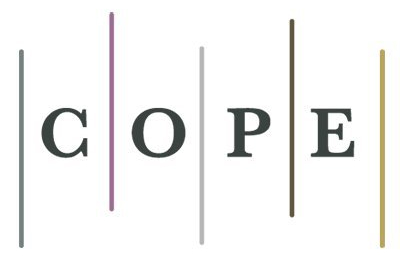Epistemological Possibilities of Public Administration Theories: from Paradigms to Epistemic Matrices
Keywords:
public administration, paradigms, epistemic matricesAbstract
This study aims to contribute to the literature on public administration by conducting epistemological research on the main trends in the field, updating them with the Circle of Epistemic Matrices proposed by Paes de Paula (2016). For this, (a) it starts from the essay written by Andion (2012), which carried out a critical study on the trajectory of the field of public administration in Brazil and the different theoretical lines that compose it, based on the paradigms model built by Burrell and Morgan (1979); and (b) it analyzes the main lines that compose the field of public administration, called State-centric, Pluralist, New Public Administration New Public Service, and Digital Era Governance, in light of the Circle of Epistemic Matrices proposed by Paes de Paula. As results, it confirms that functionalist sociological approaches have a strong influence on the field of public administration. Greater dialogue is suggested between the lines that compose the field and the development of new matrix propositions – giving special attention to the digital transformation driven by Digital Era Governance and by the new coronavirus (SARS-CoV-) health crisis – taking into account that the instrumental rational logic is insufficient to explain the phenomena of the reality, even if it is needed for streamlining public goods and interests. Finally, reflections are presented along with an agenda for future research.
Downloads
Downloads
Published
How to Cite
Issue
Section
License
This work is licensed under a Creative Commons Attribution 4.0 License.
The O&S adopts a Creative Commons Attributions License 4.0 in all published works, except where specifically indicated by copyright holders.





